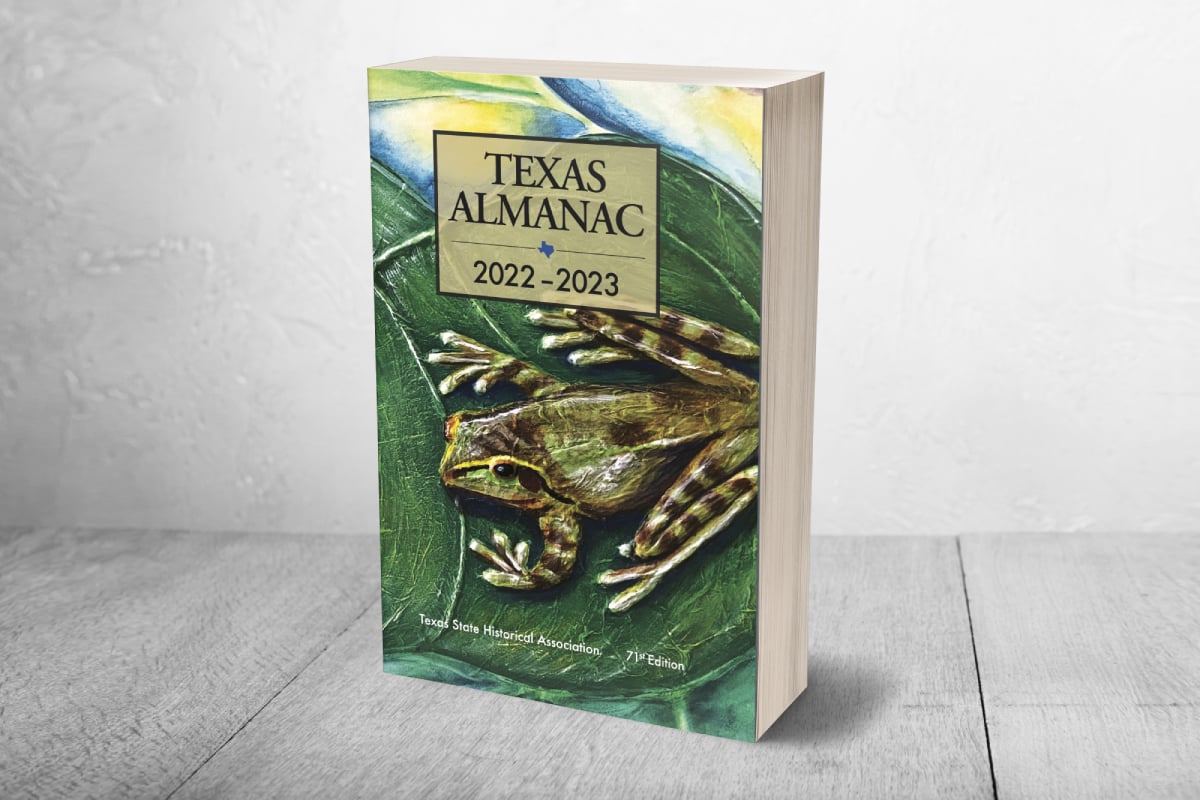Festivals and Celebrations
In Texas, festivals and celebrations reflect traditions of community cooperation and friendship that began at least as early as Native people have lived across these lands. Texas festivals reflect the state’s diversity of people, of cultural identity, of its vast and rich gastronomy which demonstrate the wide range of occupations, agricultural products, and historical events that characterize the Lone Star State.
-
Some of the most famous Texans in history had Scotch-Irish heritage.
-
Poland immigrants have been a part of Texas since 1854.
-
Civil and Religious Holidays have historically been observed and celebrated in Texas. In Texas, each state has its own jurisdiction over its holidays, which are usually designated by its legislature.
-
Fairs, festivals, and other special events provide year-round recreation in Texas, but serve to support the economic growth and financial development of the state. Some of these celebrations are of national interest, while many attract visitors from across the state.
-
Texas' cuisine is influenced by the cultures of the six different flags that have flown over Texas. This has enabled a distinctive Texas cuisine; one that is rich in flavors ranging from Tex-Mex, barbecue, chicken fried steak, a veritable state stew, gumbo, or chili — take your pick — that reflects a land and its people.
-
Scandinavian Texans have shaped Texas and its history. The latest U.S. census estimate putting their number at 155,949. Although many of the early Scandinavian immigrants came to Texas directly from Europe, this group, more than any other ethnic group, had successive waves in their historical emigration to Texas, either from other states in the union or directly from Europe.
-
Mexican culture, heritage and contribution is a large part of what makes and has shaped Texas past, present and history. In 2010 over 31.6% of Texans identified as "Mexican, Mexican Am., or Chicano" and this demographic has significantly increased since.
-
Lebanese and Syrian families began coming to Texas around 1880 from what were then Middle Eastern provinces within the Ottoman Turkish Empire. But the first Arabic-speaking individuals from that region already had arrived in Texas in 1856 as camel tenders.
-
People of Jewish ancestry have been a part of Texas history since the first European explorers arrived in the 1500s. These first families were conversos, a Spanish term for Jews who converted to Christianity to avoid expulsion from Spain after the royal decree of 1492.
-
The Japanese Texas heritage is part of Texas' incredibly rich and diverse past.
-
Italian heritage in Texas has deep roots dating to the 1700s when individual Italian merchants began to arrive. Among the early Italian arrivals in Texas was Vincente Micheli who settled in Nacogdoches from Brescia.
-
The Czech heritage in Texas has roots dating to the early 1850s when they first Czech citizen arrived to minister to German Protestants in Austin County.
-
Cajun heritage and identity has historic roots in Texas and has shaped the state for centuries.
-
Cajun Texas are descendants of French colonists, and they first arrived in Texas in the spring of 1770. The group of 30 refugees, who were trying to get to Louisiana from Maryland, was on the schooner Britain, which was blown off course, missing the Mississippi River and ending up at Matagorda Bay. Imprisoned by the Spanish authorities as suspected smugglers, they had to do hard labor at Goliad but were released in October and made a trek across East Texas to Natchitoches, La., and then down to Opelousas.
-
Native American Indian groups have shaped Texas throughout its history. Before 1900, historians have estimated, more than 50 Native American nations lived and thrived across Texas.
-
According to U.S. Census estimates, there were 385,000 Asian Indians living in Texas in 2017. The state's thriving job market, educational opportunity, and warm climate have made Texas the fourth-largest concentration of Asian Indians in the United States, behind California, New York, and New Jersey.
-
Juneteenth is a celebration of freedom for Black Texans and one of the most important holidays observed in Texas.
-
One of the ethnic groups with the largest impact on Texas has been the Germans.
-
Irish immigrants played a large part in early Texas history.
-
The Armadillo World Headquarters was all about music, a shared tolerance for marijuana, psychedelic drugs, and cold beer.

It doesn't get any more Texan than this…
Purchase your copy of the brand new Texas Almanac today!
Buy now »
